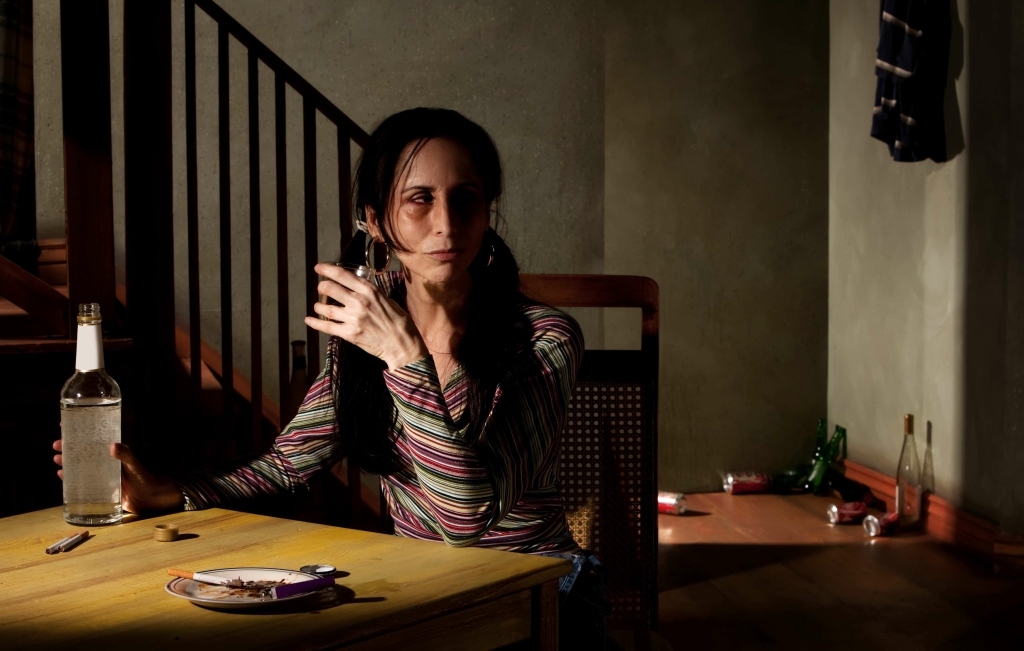Contents

Seeking a literal rest from insomnia, it isn’t uncommon for those battling sleep disorders to turn to medications. We are dedicated to transforming the despair of addiction into a purposeful life of confidence, self-respect and happiness. We want to give recovering addicts the tools to return to the outside world completely substance-free and successful. This combination can lead to overdose, increased effects of sedation, sleepwalking, and other risky activities. When mixed, alcohol and most sleeping pills have a multiplicative effect, with each substance increasing sedation in combination more than they each would alone. However, some people don’t realize that certain Sleep medications can also be habit forming and even physiologically addicting.
Agape Treatment Center for substance abuse embraces a universal, unconditional love that transcends, that serves regardless of circumstances. We provide individuals all over the country with the opportunity to achieve the gift of lasting sobriety. In addition, long-term use of the two substances together has been linked to brain, liver, kidney and heart damage. Treatment for addiction takes many forms and depends on the needs of the individual. In accordance with the American Society of Addiction Medicine, we offer information on outcome-oriented treatment that adheres to an established continuum of care.
- The service can be used by anyone and you can search for help for yourself or someone close to you.
- She is currently an attending physician at Bronxcare Health Systems in the Bronx, NY where she works as a primary care physician as well as part time in pain management and integrated health.
- Taking two drugs that affect the body in similar ways can compound their negative effects and lead to dangerous health issues.
It should not be used in place of the advice of your physician or other qualified healthcare provider. Lunesta 19is approved to treat insomnia in people who have trouble falling asleep or staying asleep. It is available by prescription only from an authorized health care provider.
The Impact of Post-Traumatic Stress Disorder on Addiction
You should avoid the use of alcohol while being treated with these medicines. You also must have at least 7 hours of time to sleep before you plan on waking up after taking a dose. If that happens, it could be a sign of a physical or emotional dependence or both. Some studies show that long-term use of sleeping pills actually interferes with sleep. The best way to avoid developing a physical or emotional dependence on sleeping pills is to follow your doctor’s instructions and stop taking the drug when recommended. Compared to younger people, older adults have a greater chance of health problems on sleep meds.

This relaxes the body and helps people fall asleep faster and stay asleep longer. Both sleeping pills and alcohol work in similar ways, so when they are mixed together, the effects are increased. Mixing sleeping pills and alcohol is dangerous and it may lead to severe health problems.
Help in everyday life
The first step in your journey toward recovery is to recognize that you have a problem. If you’re still on the fence about whether or not it would be a good idea to come to Resurgence Behavioral Health, we recommend that you take stock of what is going on in your life right now. Has your health suffered as a result of your addiction to alcohol or sleeping pills?
But if the thought of avoiding alcohol while you take your medications worries you, the dangers you might face can vary depending on the type of medication you’re using. An important reminder—just like you should not drink and drive, you should never drive after taking a sleeping pill. For example, don’t take a sleeping pill before driving home, thinking it will take a while to kick in. Take the sleeping pill just before bed, when you have at least eight hours to sleep.
Side Effects Of Mixing Sleeping Pills & Alcohol
As tolerance increases, the need to increase the dosage occurs to obtain the desired effect. Since both sleeping pills and alcohol are depressants, many people believe that they would promote even better sleep. Instead, mixing the two substances often leads to sleep-walking, sleep-eating, and even sleep-driving. While under the influence of these two substances, these dangerous episodes are typically not remembered after the fact. As a result, people who mix alcohol and sedatives put themselves at risk of serious injury or unintended legal consequences. When used short-term and only when necessary, prescription and over-the-counter sleeping pills can provide relief, but it’s important to know the side effects — especially when it comes to having a drink.
Other medications, like Benadryl or even trazodone, don’t produce a similar high and may be less addictive. Although both sleeping pills and alcohol are legal, they can impair the mind so severely that simple activities, like walking or driving, become dangerous and potentially fatal. And Dr. Fortner warns that while everyone’s metabolism is different, the absolute minimum period of time between a drink and a sleep aid is six hours.
These people may also be using other medications to help with sleep. This can become a dangerous situation when sleep medications are mixed with alcohol. Most sleeping pills are central nervous system depressants — just like alcohol. Combining two of the same types of drugs leads to over-sedation, dizziness, risk of falls, respiratory depression, and even death. Medications are typically safe when taken as directed by your health care provider.
Although a glass of wine might be harmless on its own, mixing sleeping pills and alcohol can prove dangerous. An increasing number of Americans are relying on sleep medications that when mixed with alcohol, can cause harmful and dangerous side effects. Mixing sleeping pills and alcohol can result in the heightened effects of both substances. Sleeping pills are sedative substances that typically suppress activity in the central nervous system, and alcohol is a central nervous system depressant. Taking two drugs that affect the body in similar ways can compound their negative effects and lead to dangerous health issues. Women and the elderly are generally more at risk of experiencing the harmful side effects of alcohol mixed with sleep medications.

One reason for this higher vulnerability is that women and the elderly are more likely to use prescription or over-the- counter medicine for help with insomnia. Another reason is that women and the elderly tend to metabolize substances more slowly. Mixing alcohol and sleeping medication may lead to many undesirable outcomes. Whether you are an alcoholic who takes sleeping pills to battle insomnia or is simply addicted to the sedative effects of sleep meds and alcohol, this kind of addiction is dangerous. There are many prescription and over the counter sleeping pills that people abuse with alcohol, such as Ambien, Lunesta, Restoril, Halcion, and even melatonin and diphenhydramine .
As a result, mixing sedatives and alcohol can put people at imminent risk for injury or legal charges due to their unconscious actions. “If you are taking a sleep aid and you have alcohol on board, it is like you tripled the dose ,” he says. Alcohol withdrawal can begin within hours of ending a drinking session.
For more information regarding their meeting schedules, refer to their website in Finnish or in English. They have professionals and trained volunteers you can speak with, and also groups for friendship support. Parasomnia can include sleep activities and blackouts during which individuals do not remember the behaviors they engaged in when they wake up.
Many common sleeping pills can be deadly when mixed with alcohol, especially if you overdo it with either substance. Death is a real possibility when the combination suppresses your breathing beyond what is deemed safe. Those who do use medications, however, might think of those drugs as benign substances that can be combined with almost anything.
About 4 percent of sober living homes & oxford houses adults use sleeping pills, says the American Academy of Sleep Medicine, and that number is smaller than the number of people who deal with sleep troubles on a regular basis. This seems to suggest that most people look for other solutions, rather than medications, when they need to get to sleep at night. There is no exact answer to the question of how long you have to wait to take a sleeping pill after drinking. The half-life of alcohol is four to five hours4, which is the amount of time it takes for your body to get rid of half the alcohol in your system. It can take up to five half-lives for your body to clear all the alcohol. For instance, Ambien, Lunesta, and Halcion are highly addictive because they produce relaxing and euphoric effects.